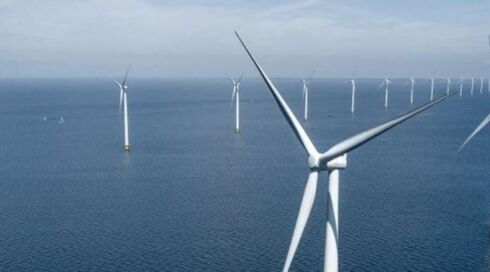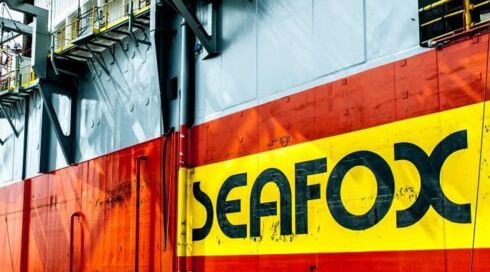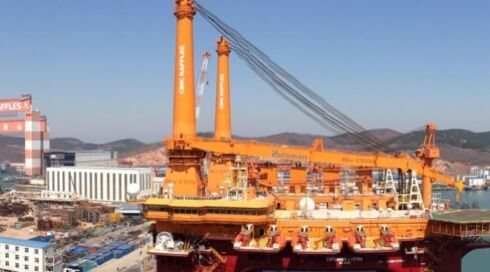24 September 2015
For the last 30 years, Henk Schlüter has developed his passion for mechanical engineering into a diverse career in the offshore and maritime industries. After spending the last eight years working through Atlas, Henk has had opportunities to work on some of the industry’s most complex machinery; opportunities that would make any mechanic jealous.
Figuring things out
“When I was a teenager I started to work on fixing things such as my bike,” says Henk, “I found that my interest was in figuring out how these mechanisms worked and the best solutions to fix them. When I knew how to fix my bike I moved onto bigger things such as my motorbike or my car, I like to work with my hands. I tried to do an office job once, drawing engine designs, but I couldn’t stick it out,” laughs Henk, “I felt the walls were closing in on me. After I left school I wanted to become a car mechanic, but this was back in the 80s and there wasn’t any work for car mechanics at that time. So I went to the local job centre, where they found me some work in a ship building yard. I started out as a pipe fitter and then eventually I started to work on installing engine rooms on newly built ships. I worked in ship building for 25 years. This experience allowed me to develop my skills and gain the certifications that I needed, such as welding and engine design, to start my career offshore.”
Working with Atlas
During his time at Atlas, Henk has been working on different kind of projects for example on the Seafox 2 and 4 as an all round mechanic. “I think that there is a big difference working on a platform and on a vessel,” says Henk, “I much prefer working on a platform, as there is more production on board and you never know what challenges you may face each day. The Seafox 2 has four diesel engines that we need to maintain; it’s all one big engine so I get to work on different types of machinery such as pumps and compressors and one day is never the same. I’ve worked both onshore and offshore; I see it as, onshore, there’s a greater sense of urgency whilst offshore everything is carried out with care, making sure that you fix things to the highest standard.
Atlas signed me on a project in 2007 and since then my experience with Atlas has been very good, if I have a problem they will try and solve it directly. When I was working for a company called TAQA, one of Atlas’ directors personally called the company to inform them that their offices were moving to Hoofddorp. This was helpful to me as I could carry on with my job while Atlas solved all the administration and paperwork. If I have a question or a problem I can just call up Atlas and they will solve it straight away.
The most memorable experience in my career was when Atlas put me forward to a Dutch company called Kenz Figee. I was hired to install and commission cranes, so I would be installing the booms as well as working in the engine room. In this role I was able to travel everywhere, I went to China, Azerbaijan and South America, it was the first job that I had outside of Europe; it’s one of the great advantages working in the offshore industry you get to see so much of the world.”
Watch and Learn
“The best advice that I could give to someone who wanted to work in this industry would be to watch and learn; don’t be afraid to ask questions, I would rather that my trainees ask a question and get something right other than doing it wrong. I’ve been working in this industry for 30 years and I still don’t know everything; from asking questions not only can you improve your knowledge about the machinery that you’re working on, but also how to execute your role to the highest standard."
.png)
.png)


